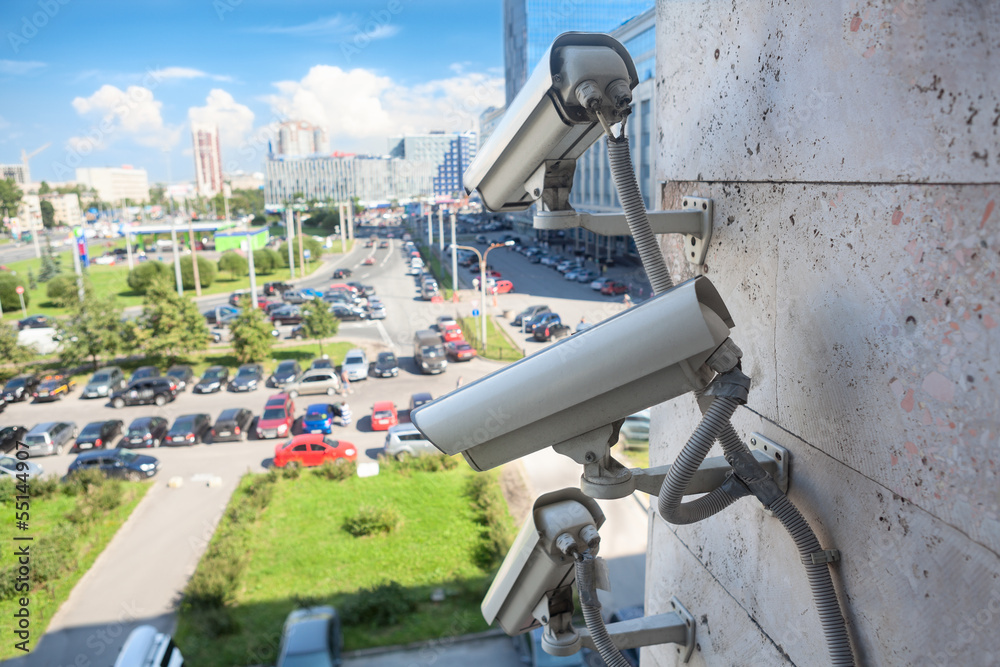Police in Los Angeles might soon be able to access to security camera footage from businesses in real-time. The Los Angeles Police Department (LAPD) is advancing a program that will grant officers immediate access to surveillance cameras at residences and businesses.
The City Council voted 12-1 on a motion on April 19, instructing the LAPD to submit a planning report to expand the department’s surveillance program. This involves increasing the number of “real-time crime centers” from three to 21 across all LAPD stations.

The objective is to provide officers with live access to cameras throughout the city. This includes automated license plate readers, DMV cameras at major intersections, and residential and business surveillance cameras. However, residences and businesses must grant permission for police to access their footage.
Korean-American business owners are expressing support for the initiative. John Park, owner of Hanshin Pocha in LA Koreatown, stated, “It’s good news for business owners. If the police can monitor crimes in real-time, it’ll make police response much quicker,” while acknowledging the need to notify customers about the surveillance.
The LAPD intends to operate the program using state funds to combat retail theft rings that have proliferated across California. The city recently received a $15,000 state grant to purchase additional surveillance cameras.
Similar surveillance programs are already operational in several cities nationwide. Over 300 law enforcement agencies, including those in New York and Detroit, operate real-time crime centers to prevent and respond to crime.
In December, the LAPD announced plans to launch a pilot program in three of its 21 stations – Hollywood, Wilshire, and Van Nuys – to establish a real-time crime center. The specific timeline for implementation was not disclosed at the time.
LA Councilmembers John Lee (Council District 12) and Traci Park (Council District 11) introduced the motion, citing an increase in property crime, including 123 flash mob robberies last year and 50 car thefts early last year in Park’s 11th District.
Despite the anticipated benefits, there is opposition to the program, with concerns about its potential infringement on residents’ privacy. Matyos Kidane of the Stop LAPD Spying Coalition expressed skepticism, stating, “This is not going to solve retail crime. It’s just going to create more fear and more surveillance cameras.”
BY SUAH JANG, HOONSIK WOO [jang.suah@koreadaily.com]




